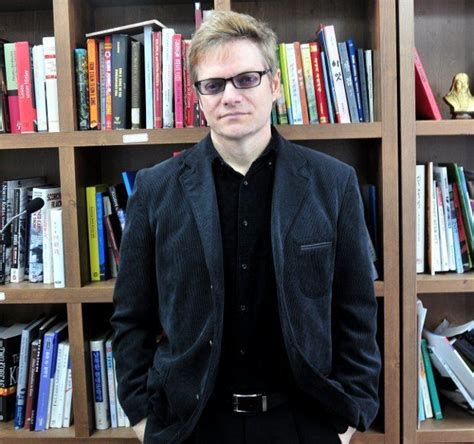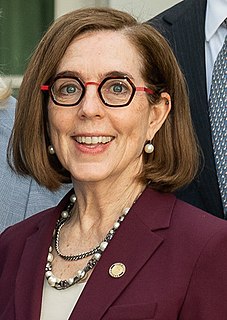A Quote by Ludwig von Mises
State interference in economic life, which calls itself economic policy, has done nothing but destroy economic life. Prohibitions and regulations have by their general obstructive tendency fostered the growth of the spirit of wastefulness.
Related Quotes
The ultimate consequences of the individualist spirit in economic life are those which you yourselves, Venerable Brethren and Beloved Children, see and deplore: Free competition has destroyed itself; economic dictatorship has supplanted the free market; unbridled ambition for power has likewise succeeded greed for gain; all economic life has become tragically hard, inexorable, and cruel.
These people talk of a "middle-of-the-road" policy. What they do not see is that the isolated interference, which means the interference with only one small part of the economic system, brings about a situation which the government itself — and the people who are asking for government interference — find worse than the conditions they wish to abolish: the people who are asking for rent control are very angry when they discover there is a shortage of apartments and a shortage of housing.
Almost all systems of economic thought are premised on the idea of continued economic growth, which would be fine and dandy if we lived on an infinite planet, but there's this small, niggling, inconvenient fact that the planet is, in fact, finite, and that, unlike economic theory, it is governed by physical and biological reality
Some people continue to defend trickle-down theories which assume that economic growth, encouraged by a free market, will inevitably succeed in bringing about greater justice and inclusiveness in the world. This opinion, which has never been confirmed by the facts, expresses a crude and naive trust in the goodness of those wielding economic power and in the sacralized workings of the prevailing economic system.
Now it is unambiguously clear that trickle-down economics does not work. But what does that mean? That means we have to structure our economic policies to make sure that we have shared prosperity. And you don't do that by giving a tax cut to the big winners and raising taxes on those who have not done very well. Your economic policy has to respond to the way our economic system has been working.


































